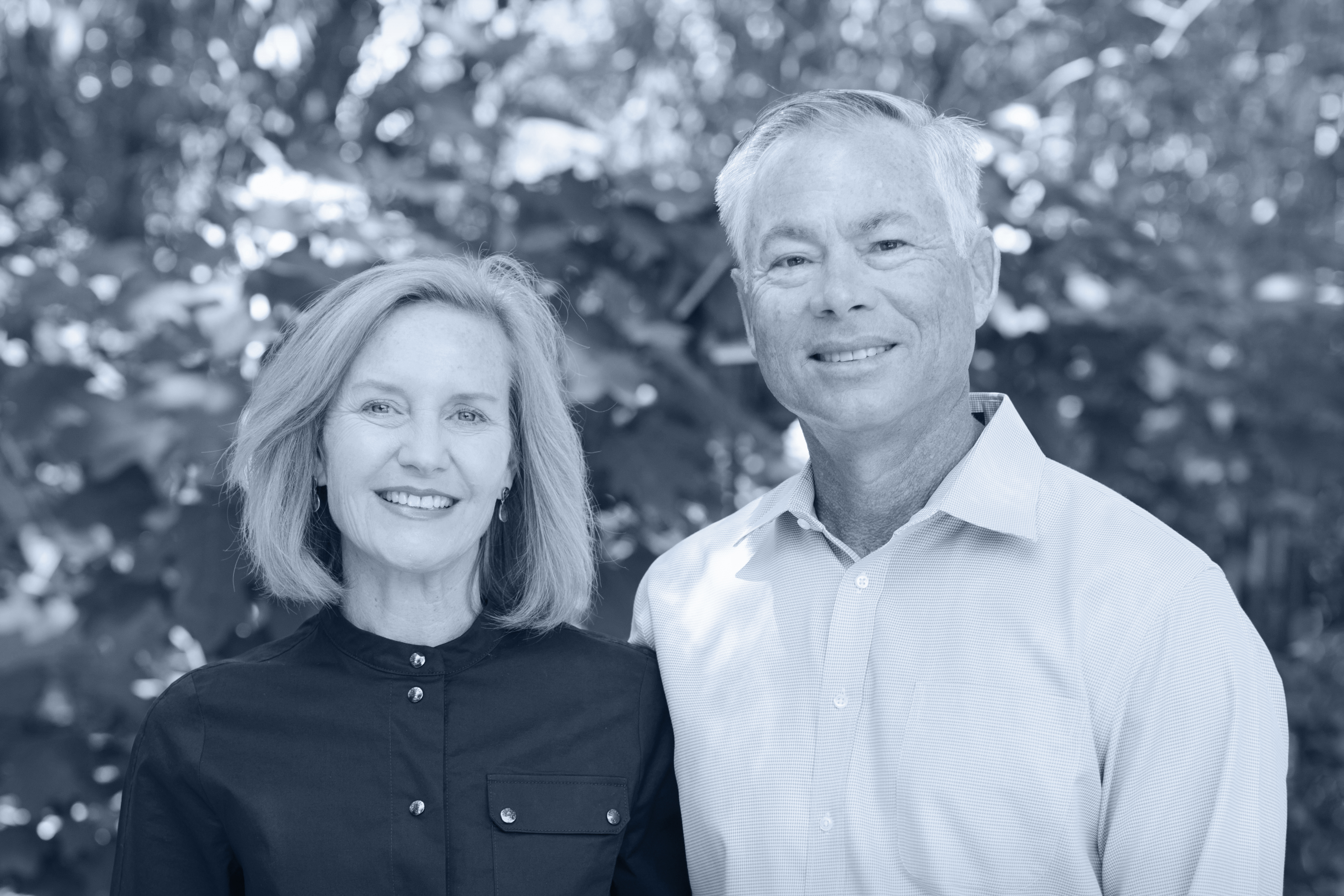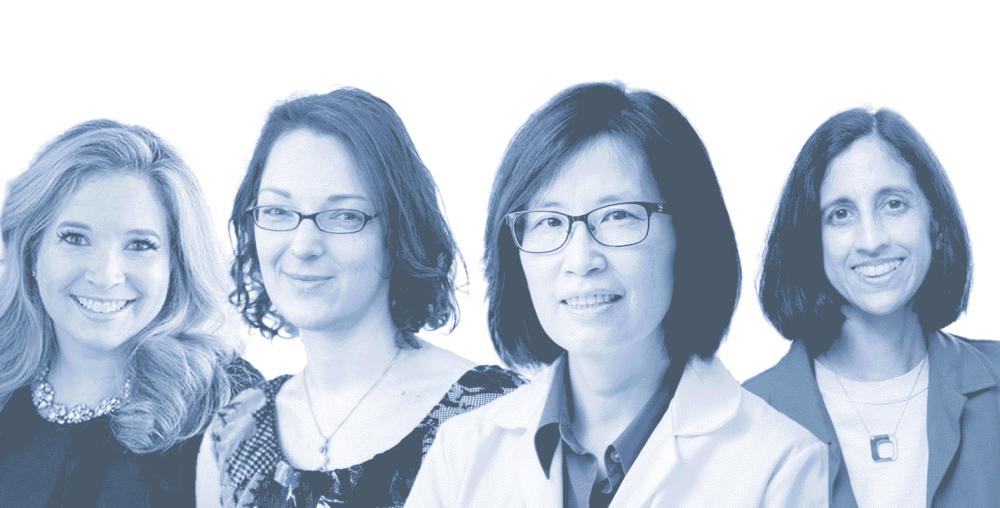
A personal investigation into the lifelong implications of his type 1 diabetes culminated in a $7 million gift from Mike Gordon, co-founder of Meritech Capital Partners, and his wife, Loren, to help UCSF surmount a key impediment to treating the disease. The funds will support world-class stem cell biologists, immunologists, and bioengineers who are working to overcome significant barriers to beta-cell replacement therapy.
Diagnosed when he was just 22 months old, Gordon went through a whole pancreas transplant at UCSF nearly 12 years ago. As a result, he has fewer complications from T1D but must take immunosuppressant drugs, and endure the health risks that come with them, for the rest of his life.
“I’ve suffered a lot from this disease,” Gordon said. “People say, ‘It’s not that bad. It’s a chronic condition.’ But you can fall apart.”
Beta cell-replacement therapy has shown enormous promise for T1D patients, but the immunosuppressants can be toxic and leave patients vulnerable to malignancies and other infections. UCSF scientists are poised to find solutions to these challenges.
“So often the NIH provides funds for low-risk projects where outcomes are more predictable,” Gordon said. “We didn’t want that; we wanted to give these researchers freedom to explore bold ideas.”

Drs. Sneddon, Parent, Tang, and Desai (left to right)
Interdisciplinary Diabetes Center investigators Audrey Parent, PhD, Qizhi Tang, PhD, Julie B. Sneddon, PhD, along with Tejai Desai PhD, Professor of Bioengineering and Therapeutic Sciences and director of UCSF Health Innovation Via Engineering (HIVE) Program, will use the Gordons’ investment to help answer two big questions: How can they prolong the survival of replacement beta cells after transplantation? And, can the need for patients to take immunosuppressive drugs be eliminated? The answers to these questions will be a game-changer for patients around the world.
Currently, islet-cell replacement relies on obtaining pancreatic tissue from deceased human donors. Thanks to groundbreaking advances during the last decade, beta cells can now be laboratory-generated from pluripotent stem cells, which means supplies, in theory, are unlimited. This creates an opportunity to engineer the stem cell-derived beta cells in ways that support their survival and help them avoid attack by the immune system.
“We used to say we were 10 years away from a cure for T1D. We still might be. But if you look at the advances in cell biology and immunology, we have the road map now,” Parent said.
Over the past five years, Drs. Parent, Tang, Sneddon, and Desai have co-advised trainees, joined forces on numerous projects, and published papers together. Their labs combine the fresh perspectives and innovation of junior faculty members with the expertise and experience of senior faculty members. The group’s collective knowledge, unique understanding, and productive ongoing collaborations position them as an effective group to take on this challenge.
This article is a condensed version of the original one published here.
